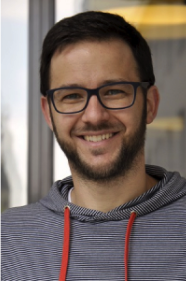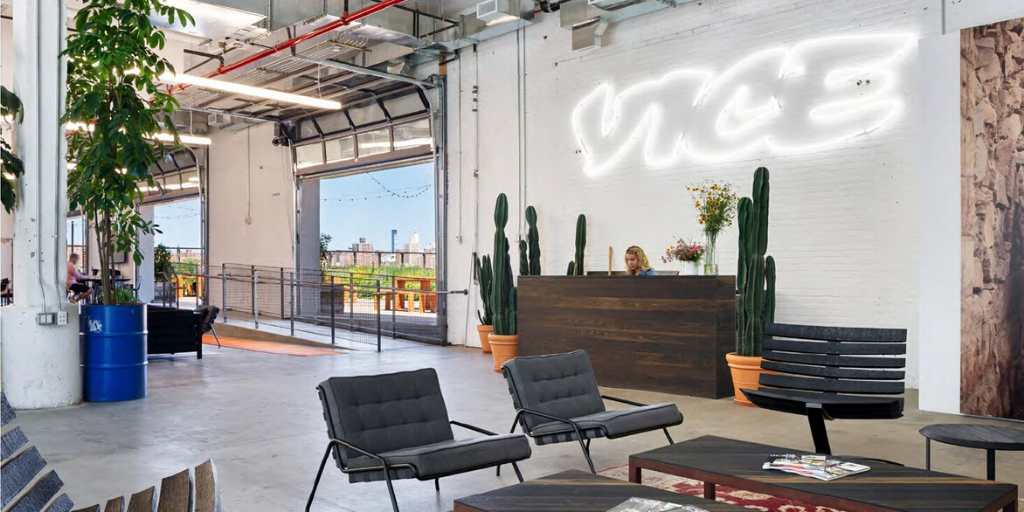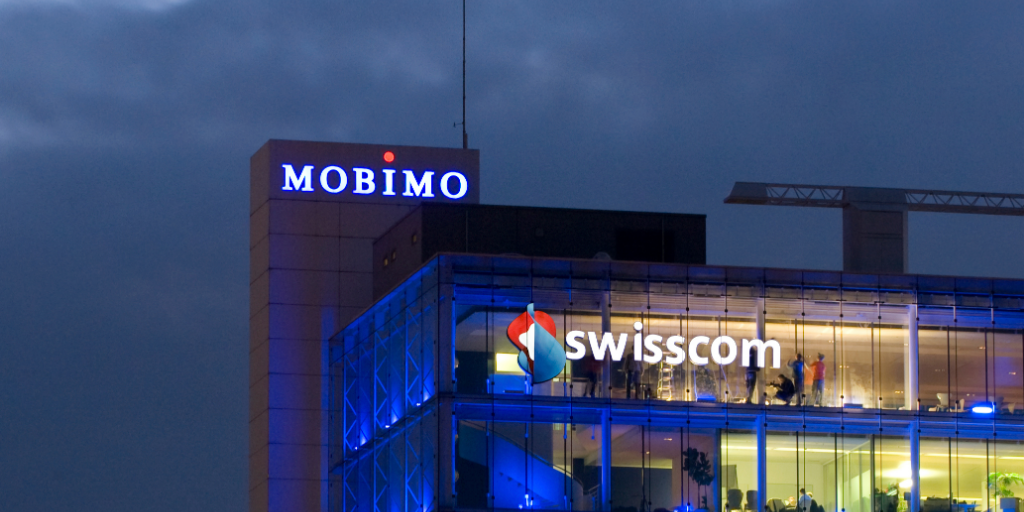REWE Group: How to oversee a massive content output across channels


“A planning tool only becomes alive – and makes sense – when it is consistently maintained by the editorial staff.”
Sebastian Amaral Anders, Editor in Chief of the REWE Group is talking from experience.
REWE is probably best known for its supermarkets (the REWE, BILLA, and PENNY chains number thousands of stores ), but its activities also include a major tourism division, hotels and DIY-Stores. That diversity and scale of operations brings with it a wealth of knowledge to share and interests to address. Which is the task of Amaral Anders and the publications division.
“A planning tool only becomes alive – and makes sense – when it is consistently maintained by the editorial staff”. Sebastian Amaral Anders, Editor in Chief of the REWE Group is talking from experience.
Those brands include discount food retailer PENNY, full-range-food-retailer REWE, the tourism companies of DER Touristik, the DIY-Store Toom, food retailers in Austria and Central Eastern Europe such as BILLA, Merkur, Adeg, the health and beauty outlets of BIPA, and PENNY International.
Keeping an overview of comprehensive content planning.
“Our aim is to provide an overview of the most important strategic topics for all of our employees. The bottom line is to provide hard facts & news but also trends and timely information about retail, nutrition, and sustainability.
We go above and beyond with information on a host of relevant lifestyle topics that concern the REWE community such as reconciling work and family life, social diversity, the challenges of domestic care, and news of ways in which the REWE group can offer help.” That's a lot of information, and getting it in front of the various audiences means using a number of platforms.
Overseeing that kind of output requires close management; “Each publishing channel (one, Intranet, corporate website, social media, and Echo) has its own editor. As well as their channel each editor is responsible for different theme or topic.
For example: Editor A is responsible for managing Echo but at the same time provides content around the REWE brand for all channels. Editor B is responsible for managing the website but also for all tourism-related content across all platforms."
The big challenge is keeping an overview of what content is being planned for which channel, by whom, and for when.
Why Desk-Net?
Addressing that challenge meant the hunt for an editorial calendar tool that would help bring all of those elements together while maintaining their tried and trusted workflow.
“We were looking for a tool that would enable a team of about ten editors and designers to visualize a broad range of topics for a broad range of channels in real-time. We need Channel/Platform Managers to be up to date with which topics are being planned in order to decide which topics would be relevant for their platform.
"It's essential that editors are up to date about what platforms will publish their content and the in-house designers have to know what to publish when and on what platform.”
Desk-Net is simple enough to encourage daily use by the whole team and at the same time leaves us enough space to customize it according to our particular requirements. For me, as Editor in Chief, it's a great tool for keeping an overview."
Combining the digital organisation of Desk-Net with traditional face-to-face coordination.
“Whilst enjoying the benefits of having Desk-Net we continue to put a lot of emphasis on meeting personally for brief, daily editorial meetings. That's where we talk about a topic before adding it to Desk-Net. That's also where we decide which topics can be published across additional channels.
Putting the results of those meetings into Desk-Net makes plans (and changes to plans) transparent and visible in real-time for the whole editorial and design team.”
It's a neat way of reconciling two very different approaches. Assigning individual responsibility for topics and channels helps ensure expertise, with dedicated 'owners' of subjects. On the other hand centralised meetings with the Editor in Chief ensures that good content doesn't end up in silos when it could be appropriate across many platforms.
“An editor whose everyday work is to create content for Facebook knows much better than I do which topics will work for their channel – and which won’t. At the same time it is our determined aim not to remain stuck in the thinking of separated channels."

